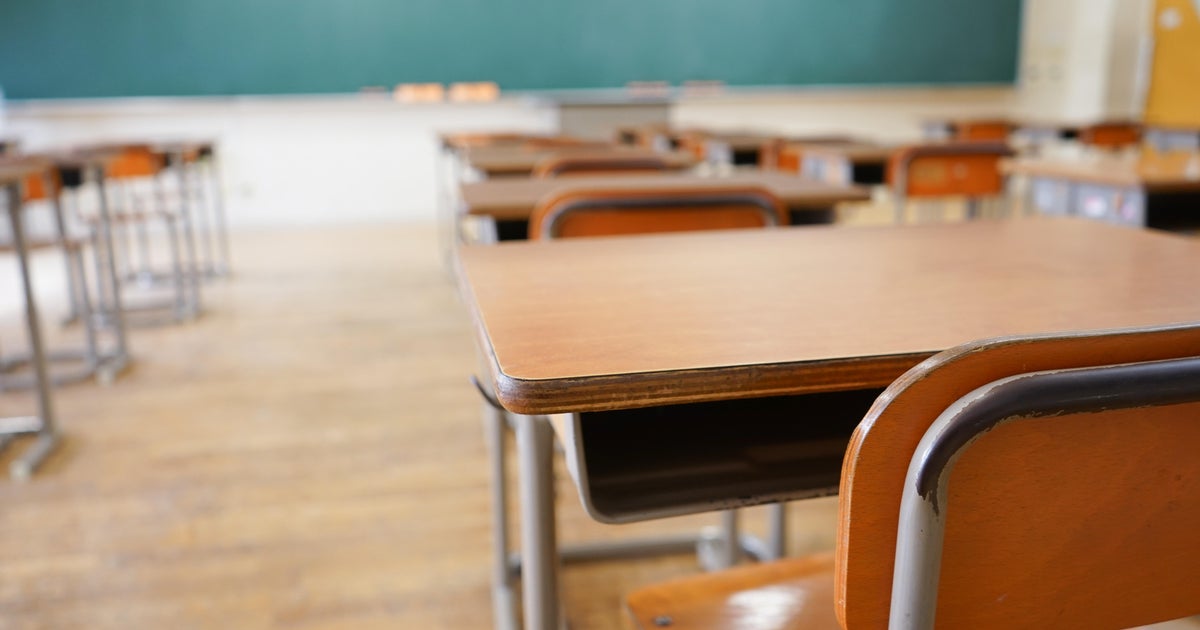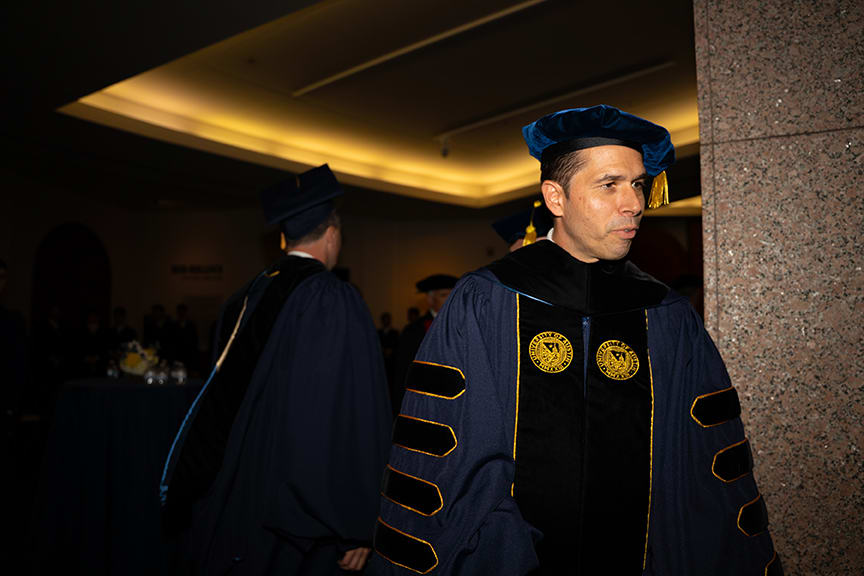Ivy colleges favor rich kids for admission, while middle-class students face obstacles, study finds
Admission to an Ivy League college or a similarly elite institution like MIT is often seen as a golden ticket offering entry into academic institutions that have collectively produced more than 4 in 10 U.S. presidents and 1 in 8 CEOs of Fortune 500 companies.
But that ticket is far more likely to be handed out to students who are already privileged irrespective of their academic credentials— the children of the top 1% of U.S. income earners, a new analysis finds.
"Ivy plus" colleges — the eight Ivy League colleges along with MIT, Stanford, Duke and University of Chicago — admit children from families in the top 1% at more than twice the rate of students in any other income group with similar SAT or ACT scores, according to the new analysis from the Opportunity Insights, a group of economists at Harvard University who study inequality. Families in the top 1% of earners typically have annual income of around $611,000, the researchers said.
"It's a very broadly held position that your opportunities in life shouldn't depend on the circumstances of your birth, and in some sense that's the core of the American dream," noted John Friedman, an economics professor at Brown University and a co-author of the paper. "When you have these practices in society that serve to add more advantage to those students who already come from advantaged backgrounds, that limits the ability of other students to achieve those successes in life and it limits the American dream."
A less economically diverse group of students at Ivy-plus universities also has implications for leadership roles in business, politics and other industries, he noted.
"When you have a less diverse group of students, it will be a less diverse group that get this boost toward these leadership positions later in their careers," Friedman added.
Stuck in the middle
It may come as no surprise that the likes of Harvard, Yale and Princeton favor the children of the ultra-wealthy, but the study also shows that academically high-performing students from middle-income families are among the least likely to gain admission to one these elite colleges.
About 40% of students from the richest families who scored at the 99th percentile on the SAT or ACT class attend an Ivy-plus college, compared with 20% of students with the same scores who come from the poorest U.S. families. Among middle-class students who have the same top SAT or ACT scores, only about 10% attend an Ivy-plus college, the analysis found.
"If you look at where students have attendance rates that are higher versus lower, comparing students with the same score on academic credentials, it's a little bit of a U — it's lowest for students who are upper middle income, earning maybe $80,000 to $150,000 a year," Friedman said. "Those students have the lowest rates."
The study comes as the Supreme Court recently ended affirmative action in college admission decisions, effectively ending the use of race as a basis for consideration in whether to accept an applicant. The end of affirmative action has drawn scrutiny to other forms of preference at top colleges, such as children whose parents are alumni, called "legacy" admissions, or who are wealthy.
"Highly selective private colleges serve as gateways to the upper echelons of society in the United States," wrote Friedman and his co-authors Raj Chetty and David Deming of Harvard. "Because these colleges currently admit students from high-income families at substantially higher rates than students from lower-income families with comparable academic credentials, they perpetuate privilege across generations."
These colleges could make their student bodies more socioeconomically diverse by changing their admissions policies, the researchers noted. These steps would include ending legacy admissions and evaluating non-academic qualities that account for the impact of privilege.
The findings also suggest that middle-income students may be at a disadvantage compared with either their wealthy or low-income peers. In effect, such students neither have enough wealth to give them a foot in the door, nor are they among the demographic groups that colleges have courted in recent decades to foster diversity.
Students in the middle of the income distribution are "having kind of the least opportunities to rise to these leadership positions, [when] comparing students with similar academic credentials," he added.
Ivy League impact
The impact of getting an elite education can be significant in a student's trajectory after college, the researchers noted. The group analyzed applicants who were put on the waitlist at Ivy-plus institutions, and then compared the outcomes of students who were either admitted off the waitlist or were ultimately rejected.
"Compared to attending highly selective flagship public colleges, students who attend Ivy-plus colleges are 60% more likely to earn in the top 1%, twice as likely to attend a graduate school ranked in the top 10, and three times more likely to work at prestigious employers in medicine, research, law, finance and other fields," they noted.
Of course, plenty of students who attend colleges that aren't among the Ivy-plus achieve success in their careers. And the Ivy-plus colleges enroll less than 1% of college students. Yet because the oversize impact of these schools in creating the next generation of leaders and the rich, they face more scrutiny for their acceptance policies than other universities.
"We conclude that even though they educate a small share of students overall and therefore cannot change rates of social mobility by themselves, Ivy-plus colleges could meaningfully diversify the socioeconomic origins of society's leaders by changing their admissions practices," the authors noted.



